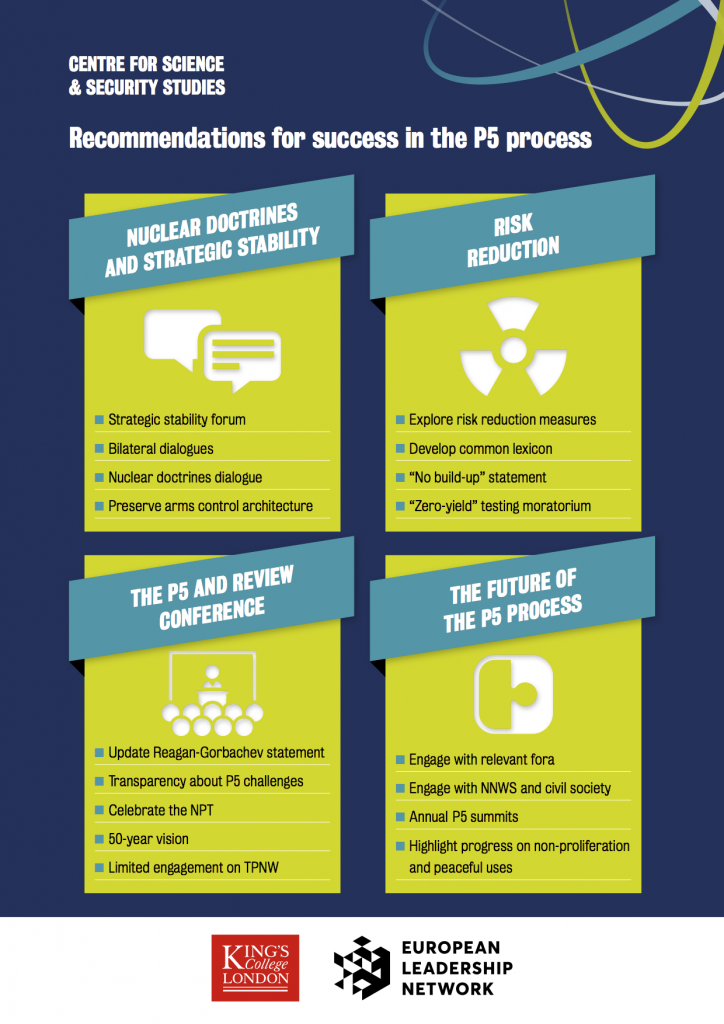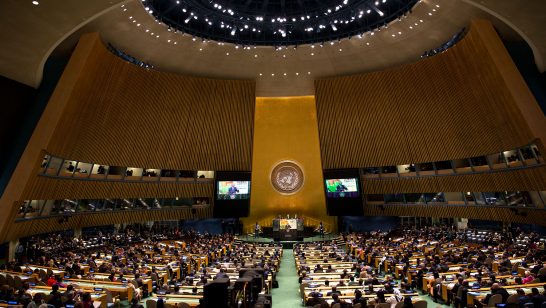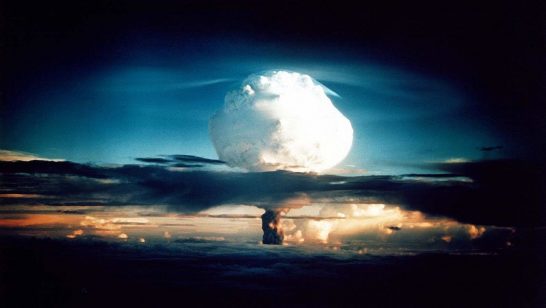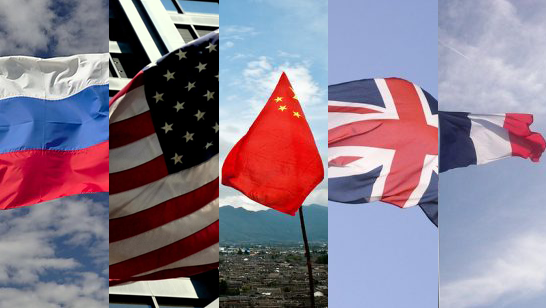
The P5 Process brings together the five nuclear-weapon states (NWS)—China, France, Russia, the United Kingdom, and the United States—recognised by the Treaty on the Non-Proliferation of Nuclear Weapons (NPT) in a dedicated forum to discuss their unique responsibilities under the Treaty. Originally conceived to demonstrate the NWS commitment to their NPT obligations and facilitate confidence-building and cooperation on disarmament issues, the P5 Process has had mixed success since it was established in 2009.
In 2019-2020, the European Leadership Network (ELN) and King’s College London (KCL) conducted a project to investigate the challenges and opportunities for the P5 process. It was particularly successful in encouraging further transparency within the P5 process among the P5 states and to the wider NPT community, including through leading a civil society event as part of the official P5 meeting in London in February 2020. The project constructed and promoted realistic and politically feasible recommendations distilled from discussions with nuclear experts and government officials. This joint report offers these practical recommendations for the P5 in advance of the NPT’s quintennial Review Conference (RevCon).

The opinions articulated above represent the views of the authors, and do not necessarily reflect the position of the European Leadership Network (ELN) or any of the ELN’s members. The ELN’s aim is to encourage debates that will help develop Europe’s capacity to address pressing foreign, defence, and security challenges.
Image: Wikimedia commons




